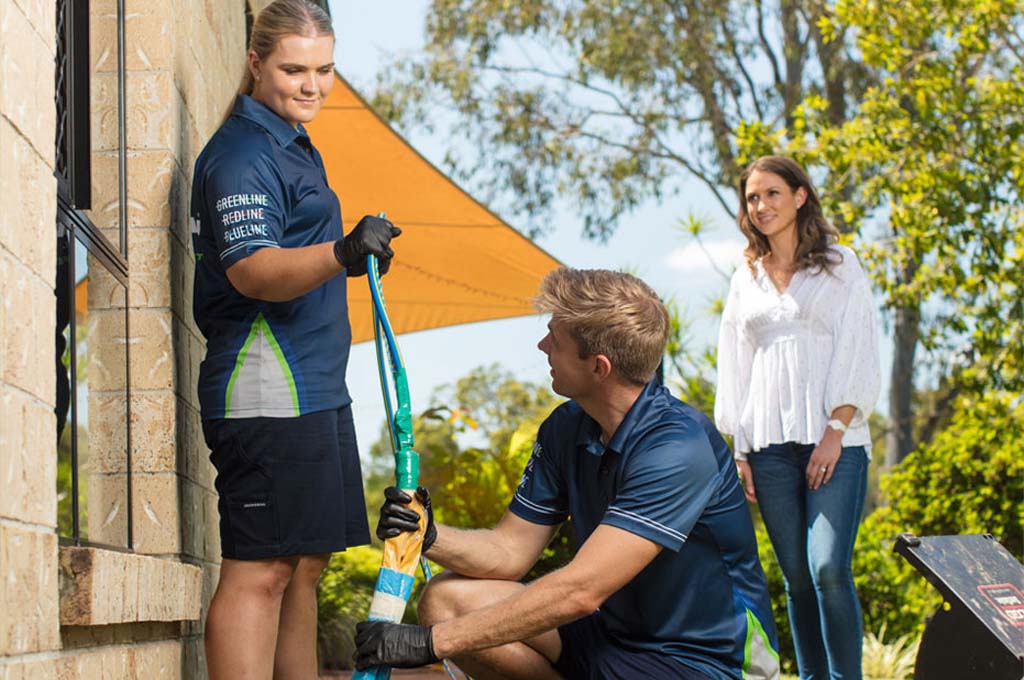
What is the difference between a plumber and a pipefitter?
Posted by on 2024-10-17
A plumber and a pipefitter are both skilled tradespeople who work with pipes, but there are some key differences between the two professions.
Plumbers primarily work in residential and commercial buildings, focusing on installing and maintaining systems that carry water, gas, and waste. They are responsible for ensuring that these systems are functioning properly and efficiently. Plumbers also work on fixtures such as sinks, toilets, and showers.
On the other hand, pipefitters work in industrial settings such as factories, power plants, and refineries. They install and maintain piping systems that transport chemicals, gases, and liquids. Pipefitters often work with high-pressure systems and must have a thorough understanding of complex piping layouts.
While both plumbers and pipefitters work with pipes, their day-to-day tasks can vary significantly. Plumbers may spend more time dealing with fixtures and appliances, while pipefitters focus on large-scale industrial projects. Additionally, plumbers typically need to be licensed by their state or local government, while pipefitters may need certifications specific to their industry.
In conclusion, while plumbers and pipefitters both work with pipes, they have distinct roles and responsibilities within their respective industries. Plumbers focus on residential and commercial plumbing systems, while pipefitters specialize in industrial piping projects. Both professions require specialized training and skills to ensure that pipes are installed correctly and function efficiently.